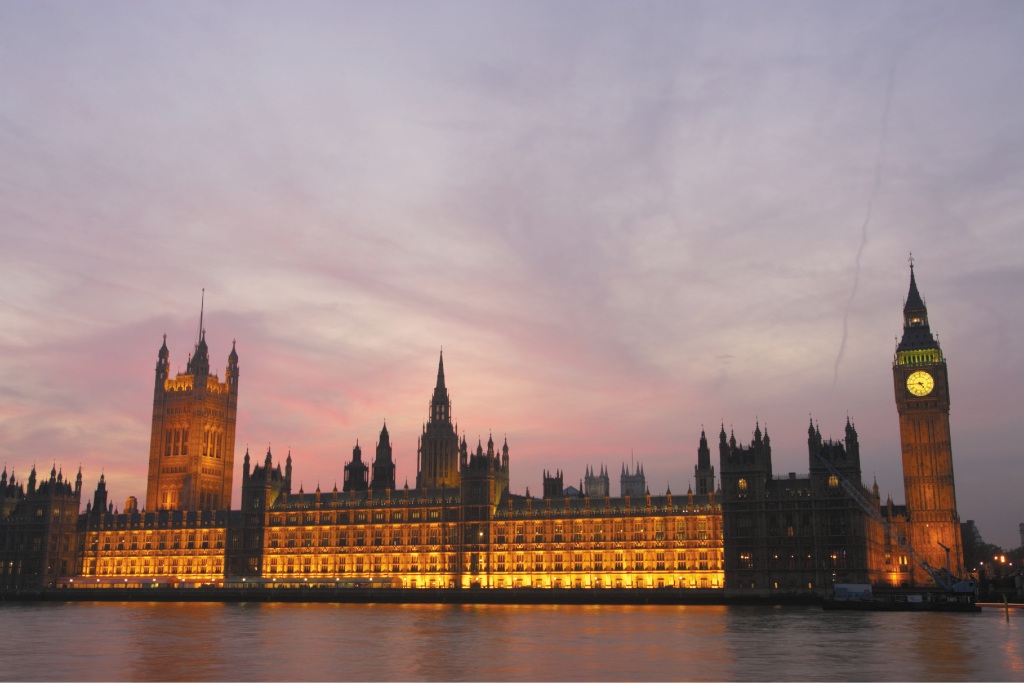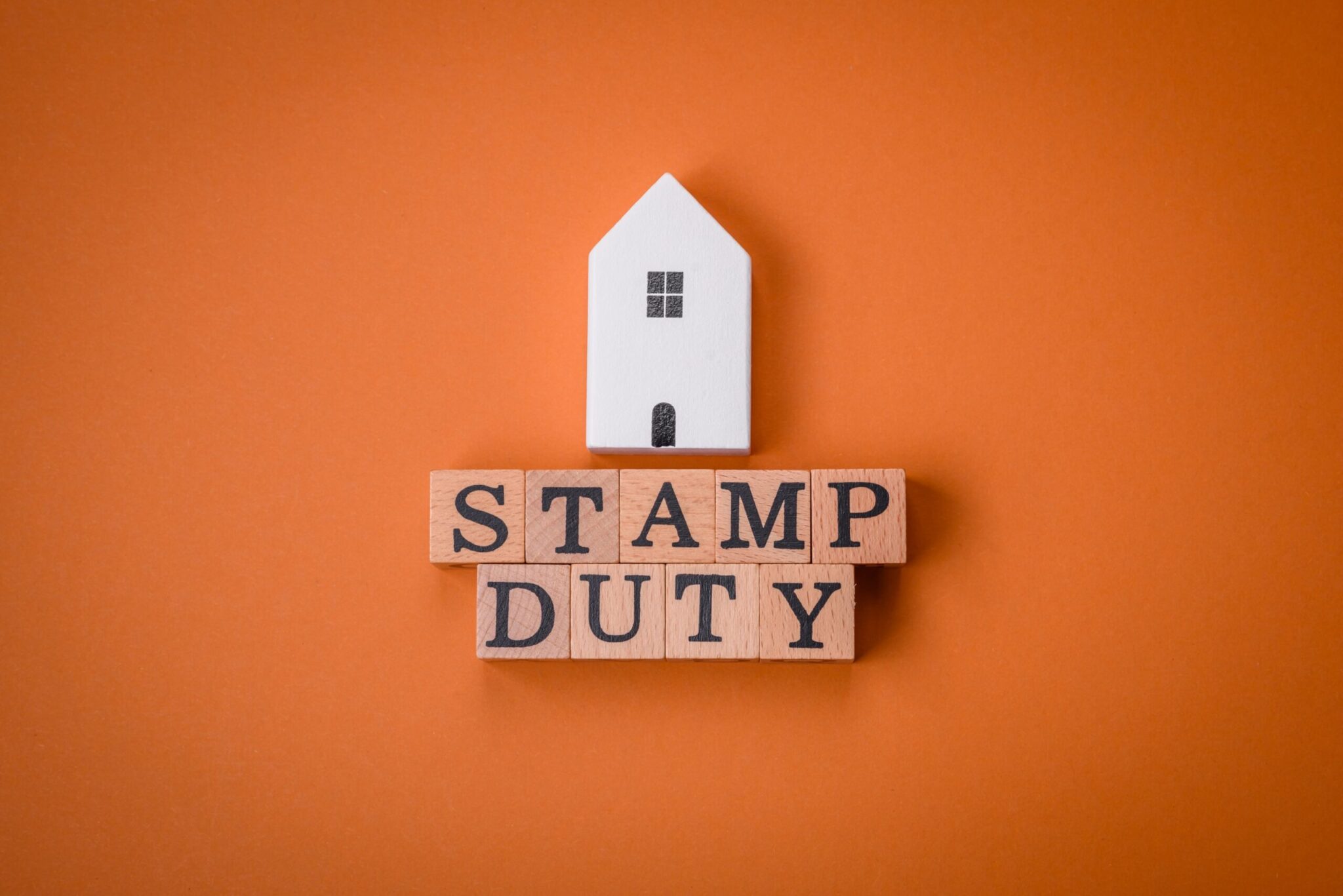Commonhold would be better than leasehold as it offers the flexibility of freehold and amendments should be included in the Leasehold and Freehold Reform Bill to popularise it, according to experts speaking at a government committee
Speaking for a committee debate on the Leasehold and Freehold Reform Bill, Professor Nicholas Hopkins, law commissioner for property, family and trust law at the Law Commission, said that the bill would have “substantial benefit” to leaseholders but called for commonhold recommendations to be included.
Commonhold allows people to own a flat forever, with a freehold title and no landlord. This would be an option to replace leasehold for newly-built flats.
The Law Commission has made 350 recommendations to the Leasehold and Freehold Reform Bill, with around 120 concerning commonhold.
Hopkins said that during the second reading the Secretary of State for Levelling Up Michael Gove has said that commonhold was “preferable to leasehold” and he agreed with that statement.
“It gives the benefits of freehold ownership to owners of flats — the benefits that owners of houses already enjoy,” Hopkins noted.
Commonhold ‘has not taken off’
Hopkins said that commonhold was introduced in the Commonhold and Leasehold Reform Act in 2002 but “has not taken off”.
He said: “Our recommendations as a whole were designed to provide a legal scheme that would enable commonhold to work more flexibly and in all contexts, to work for complex, mixed-use developments.
“With commonhold having failed once, there is a risk of partial implementation, meaning that it has a second false start, which would probably be fatal. I think that the legal regime for commonhold needs to be looked at as a whole to ensure that it works properly for the unit owners, developers and lenders who lend mortgages over commonhold.
“We need a legal regime that works. We need to remove any other blocks,” he explained.
He continued that the risk currently was that the legal regime governing the practice was “too rigid” and would not work effectively in “larger, mixed-use developments, because they were not envisaged at the time”.
“The risk is that you mandate a legal regime that does not work. You need a legal regime that works, which could then be mandated if that is what the Government chose to do,” Hopkins added.
Leasehold is ‘performing a job it was never designed to do’
He continued that commonhold was the preferred tenure as it “gives the advantages of freehold”, adding that “leasehold is really performing a job it was never designed to do”.
Hopkins said that when he was previously giving evidence to the select committee to the-then Ministry of Housing, Communities and Local Government, he had said “if commonhold works, you do not need leasehold. But whether you then mandate commonhold is not just a legal question; there is a political question there”.
He continued that regardless of progress with commonhold that “leasehold is going to be with us for a long time”.
“There are people who own 999-year leases. The system has to work. When we published our reports, we published a summary of what they were seeking to do.
“We identified them as having two distinct aims. One is to make leasehold work, and work better, for those who now own the leasehold and who will own it in future. Secondly, it is to pave the way for commonhold to be available so that everyone can enjoy the benefit of freehold ownership in future. But we always saw those as two entirely legitimate aims that legislation would need to pursue,” he noted.
Share of freehold for new flats could be ‘compromise’
Speaking later in the proceeding, Harry Scoffin, founder of Free Leaseholders, said that he accepted that commonhold was “seen as out of scope of the bill” but a “pragmatic halfway-house compromise” would be that all new leasehold flats come with a share of the freehold.
“That still persists with the leasehold system, but residents have control from day one. They are like Alan Sugar on The Apprentice: if they are being ripped off, they say, ‘You’re fired,’ and they get a better company in — that is capitalism, that is choice and that is the right way forward for now if we are not doing commonhold, which is obviously too meaty,” he added.
Karolina Zoltaniecka, founding director of Commonhold Now, said that while the bill did remove a few barriers to commonhold, there was more that could be done through amendments to “take steps towards commonhold and to make it easier to convert once we enfranchise and buy the freehold”.
This included lowering the agreement rate from 100% to 75%, a “sunset clause for existing flats”, an agreement between the commercial and the leasehold residential blocks to help pave the way for commonhold.
“That would prepare people and get them ready, in practical terms, for how to run and maintain their blocks. There could be long-term maintenance plans and we could give people real, practical skills in how to do that,” she continued.
Zoltaniecka concluded: “It is so much easier [than leasehold]. You do not have complex laws. You talk to each other and work problems and disputes out. You have meetings. Laws are prescribed, so it is easy for people to know what to do each step of the way.
“I do believe that there are things that could be done with commonhold in the bill to pave the way and say that we have a future with commonhold and it will happen en masse.”





